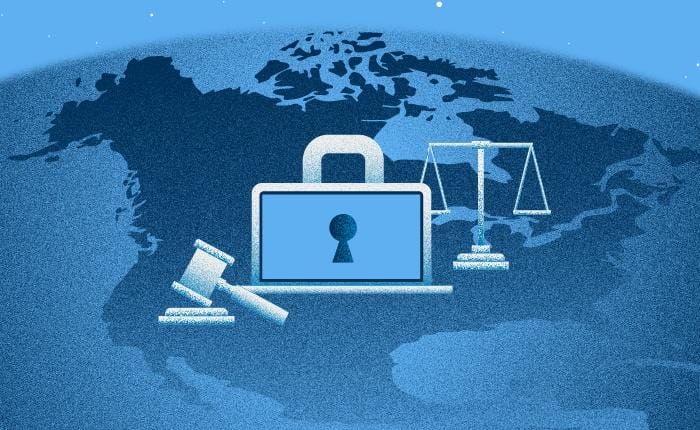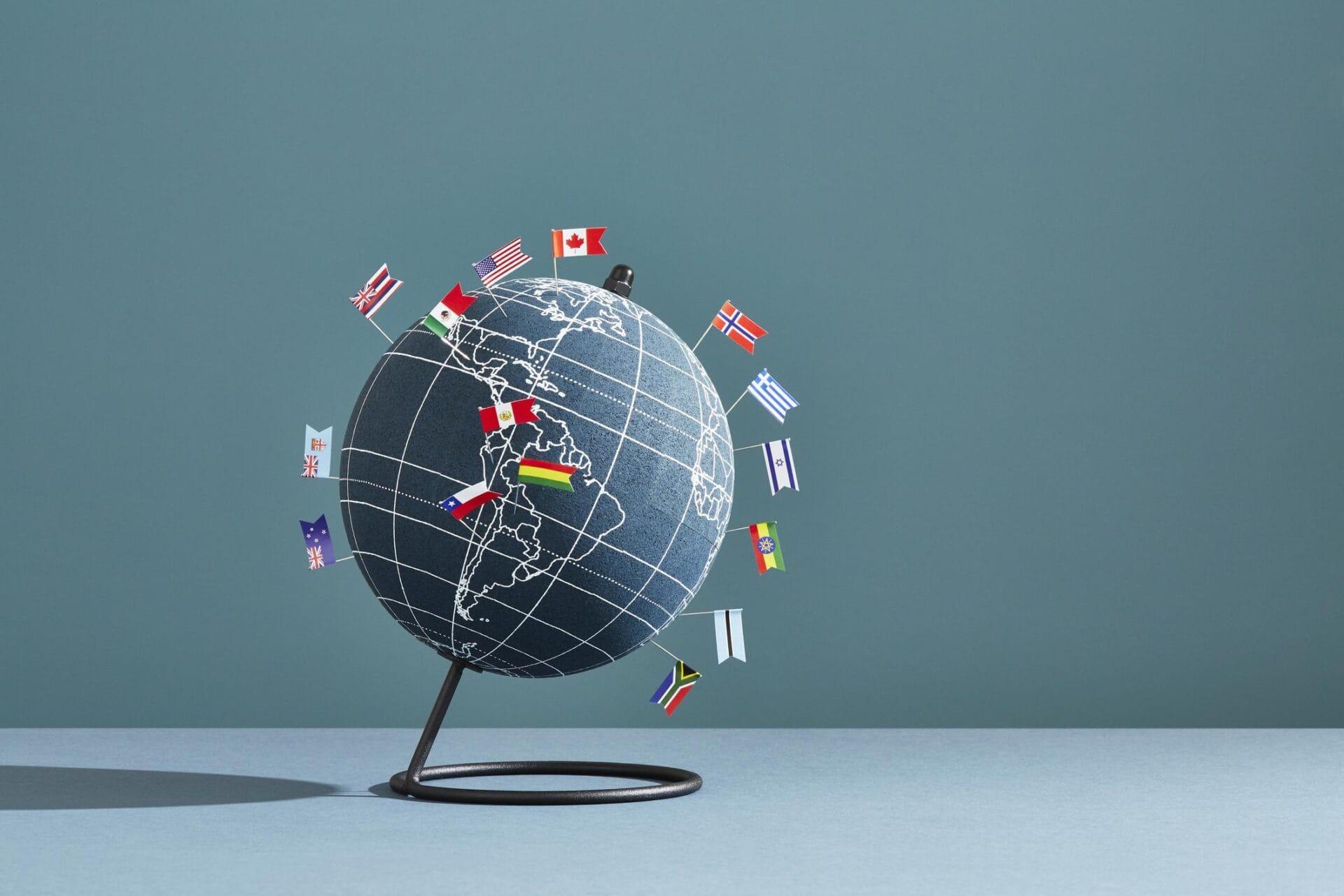In a world where personal information is constantly being shared and collected, navigating the complex landscape of privacy laws can feel like trying to untangle a web of conflicting regulations. Understanding how your data is protected (or not) is crucial in today’s digital age. Join us as we take a global tour of privacy laws around the world, shedding light on what you need to know to safeguard your personal information.
Overview of Global Privacy Laws
When it comes to privacy laws, navigating the global landscape can be a daunting task. With each country having its own set of regulations and requirements, staying compliant can be challenging for businesses and individuals alike. From the European Union’s General Data Protection Regulation (GDPR) to California’s Consumer Privacy Act (CCPA), there are a multitude of laws that must be followed to protect personal data.
Understanding the nuances of global privacy laws is crucial in today’s interconnected world. Whether you are a multinational corporation or a small business with an online presence, knowing the regulations that apply to you is essential. By staying informed and up-to-date on the latest developments in privacy laws, you can protect both your business and your customers from potential data breaches and legal consequences.

Key Differences Between Privacy Regulations in Different Countries
When it comes to privacy regulations, different countries have varying laws and guidelines in place to protect individuals’ personal information. Understanding the key differences between these regulations is crucial for businesses operating on a global scale.
- GDPR (General Data Protection Regulation) in Europe: GDPR is a comprehensive privacy regulation that applies to all companies processing the personal data of individuals residing in the European Union. It sets strict guidelines for data collection, storage, and processing, and imposes hefty fines for non-compliance.
- CCPA (California Consumer Privacy Act) in the United States: CCPA grants California residents specific rights over their personal information, such as the right to know what data companies collect about them and the right to opt-out of data sharing. While not as stringent as GDPR, CCPA is a significant step towards data privacy in the US.

Implications of Non-Compliance with Privacy Laws
Non-compliance with privacy laws can have serious ramifications for individuals and organizations alike. In today’s interconnected world, where data is a valuable commodity, failing to adhere to privacy regulations can lead to legal trouble, financial penalties, damage to reputation, and loss of customer trust. Some of the key include:
- Lawsuits: Individuals whose privacy has been compromised can take legal action against the organization responsible for the breach.
- Fines and Penalties: Regulatory bodies can impose hefty fines on organizations found to be in violation of privacy laws, such as the GDPR in the European Union.
- Data Breaches: Failure to comply with privacy laws can increase the risk of data breaches, resulting in sensitive information falling into the wrong hands.
It is crucial for businesses to stay informed about the privacy laws relevant to their operations and take proactive steps to ensure compliance. By prioritizing privacy and data protection, organizations can safeguard themselves against the potential consequences of non-compliance and build trust with their customers.

Recommendations for Ensuring Compliance with International Privacy Laws
When it comes to navigating the complex landscape of international privacy laws, it’s essential for businesses to stay informed and proactive. To ensure compliance with these regulations, here are some key recommendations to keep in mind:
- Stay Updated: Regularly monitor changes and updates to privacy laws in different countries to ensure your organization remains compliant.
- Implement Data Protection Measures: Safeguard personal data by encrypting sensitive information, implementing access controls, and conducting regular security audits.
- Train Staff: Educate employees on the importance of privacy compliance and provide training on handling confidential data securely.
By following these recommendations and proactively addressing privacy concerns, businesses can navigate the complexities of international privacy laws with confidence and ensure the protection of personal data.
The Way Forward
In a world where technology continues to evolve at a rapid pace, understanding privacy laws is essential to safeguarding our personal information. From the European Union’s GDPR to California’s CCPA, navigating the complex landscape of privacy regulations can be daunting. By staying informed and proactive, we can better protect our digital footprint and ensure our rights are respected in an increasingly interconnected world. Remember, knowledge is power when it comes to safeguarding your privacy. Stay vigilant, stay informed, and stay protected.

